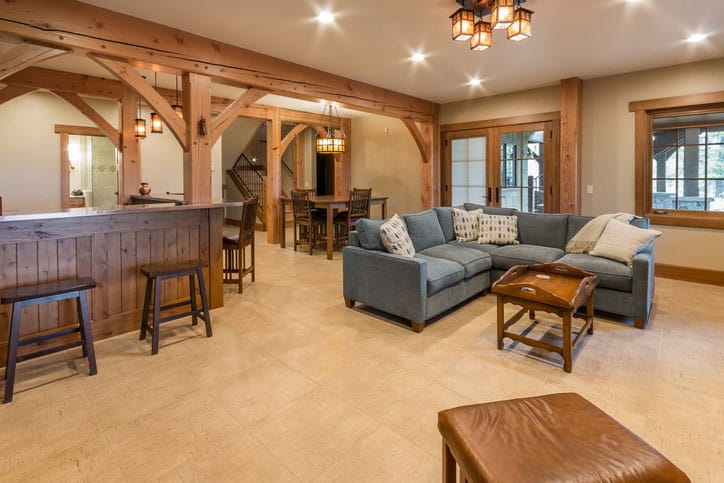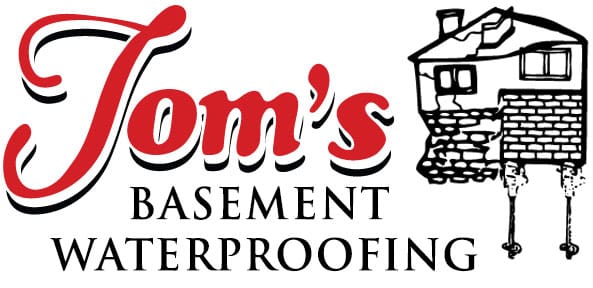
Basement waterproofing is essential to homeownership and can often be overlooked when purchasing or repairing your home. So, what is basement waterproofing exactly? Read on to learn the vital aspects of basement waterproofing, why you should consider it, and how to protect your basement or home’s foundation.
Importance Of Basement Waterproofing
There are a whole host of reasons why you want to keep water out of your basement, a few of which include:
- You And Your Family’s Health: If a basement is not waterproofed correctly, mold can quickly proliferate in the moist, cool, dark underground environment. Molds are hazardous to lung health and can aggravate conditions such as asthma or lead to certain deadly infections.
- Foundational Support: The basement or foundation of your home is the backbone of everything placed above. Waterproofing can improve the overall health of your home, preventing water damage and potentially expensive repairs.
- Improve Your Home’s Value: Are you considering renting out or selling your home sometime in the future? One thing that inspectors will examine is the state of the basement, foundation damage, and potential risks to buyers. Without a waterproof basement, you lower the home’s overall value and can cause damage, which causes a cascading effect on the rest of the structure.
- Keep Your Peace Of Mind: If you are worried about your basement flooding in heavy rains or snow, waterproofing can bring peace of mind that your home will be protected even in the most torrential of showers.
Risks Of Neglecting Basement Waterproofing
First and foremost, neglecting waterproofing your basement will undoubtedly cause mold growth. Basements are the perfect environment for spores to grow out of control. Yet, that is only the tip of the iceberg, as rot, mildew, and further damage can devastate your home’s flooring and structure. Furthermore, you may believe the concrete foundation of your home is safe from water damage, but that is not the case. Even a small but steady drip of water can enter the porous surface of your foundation, causing fractures to develop and potentially damage the structure above, allowing for a cascading effect of deterioration to your home.
How You Can Protect Your Home’s Foundation
Basement waterproofing comes in two potential options, internal and external solutions, which provide different methods but are equally essential and best used in tandem.
Internal waterproofing protects the walls and floors of your home from the inside.
- Interior Air-gap Drainage Membrane- Creates a barrier between soil and foundation using a high-density polyethylene [HDPE] membrane that keeps a small gap to allow airflow between a basement’s exterior and interior elements.
- Weeping Tiles- Using a perforated drain, weeping tiles can redirect water away from the foundation like a drain.
External waterproofing methods are installed outside your home and can stop water from ever entering your home.
- External Polymer Installation: External polymers create a barrier between the outside of your home and soil saturated with water, similar to internal membranes, but without the need for an air gap.
- Trench Drain System: A trench drain is constructed by excavating the exterior of a basement and is placed level with the ground to redirect water into a drainage field or nearby public drainage channel.
Learn More About Basement Waterproofing From Tom’s Basement Waterproofing
Contact Tom’s Basement Waterproofing today for all your basement waterproofing and foundation repair needs! It is never too late to save a cracked or damaged basement and provide you peace of mind for the future. Contact us today at (586) 776-7270 to schedule a consultation with one of our basement waterproofing experts.
